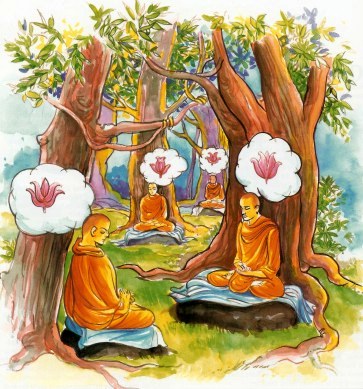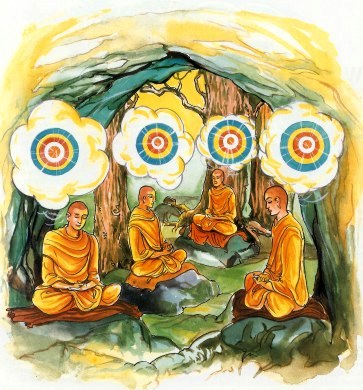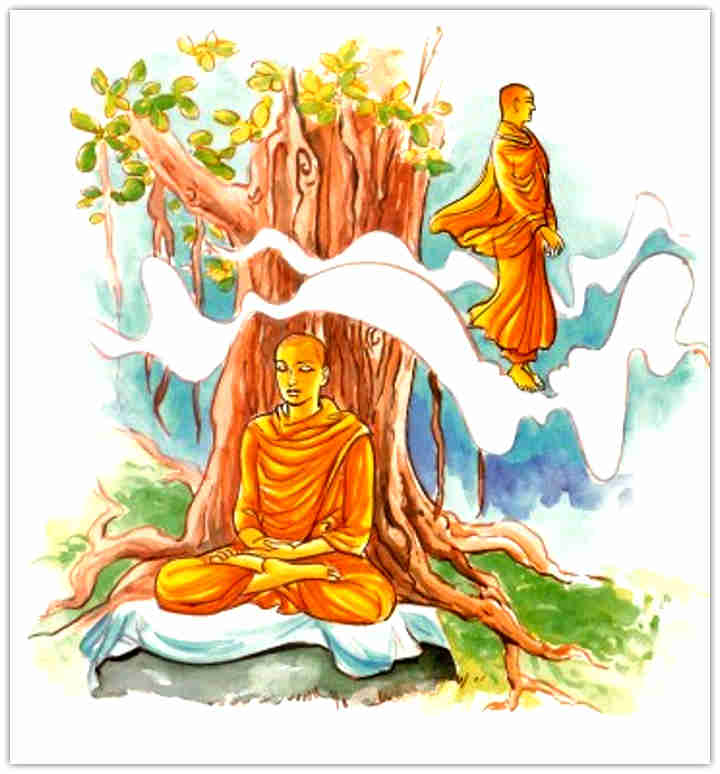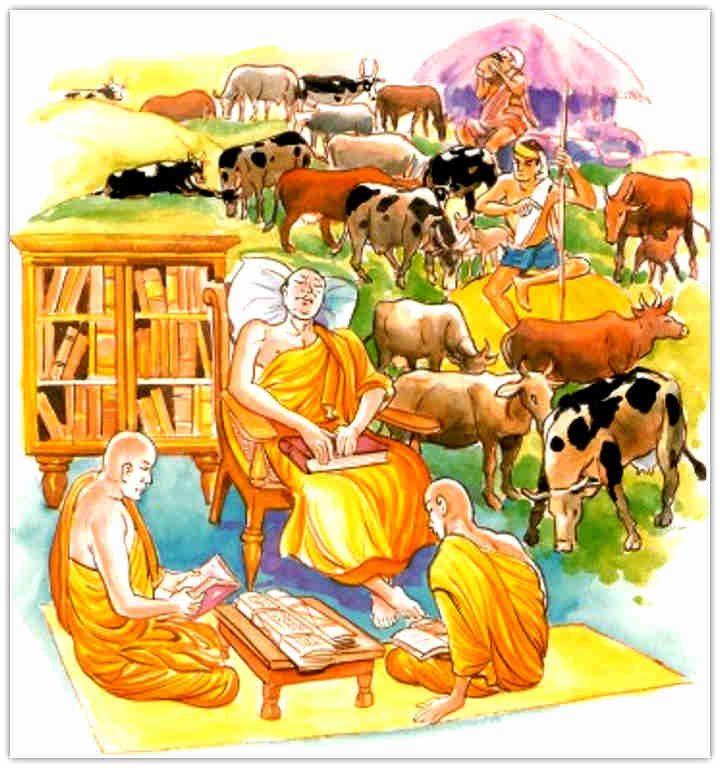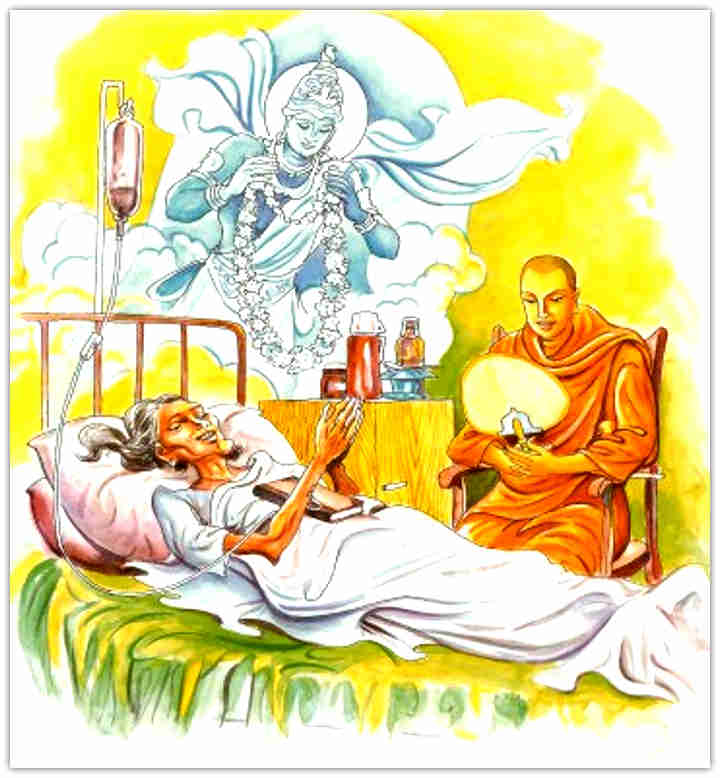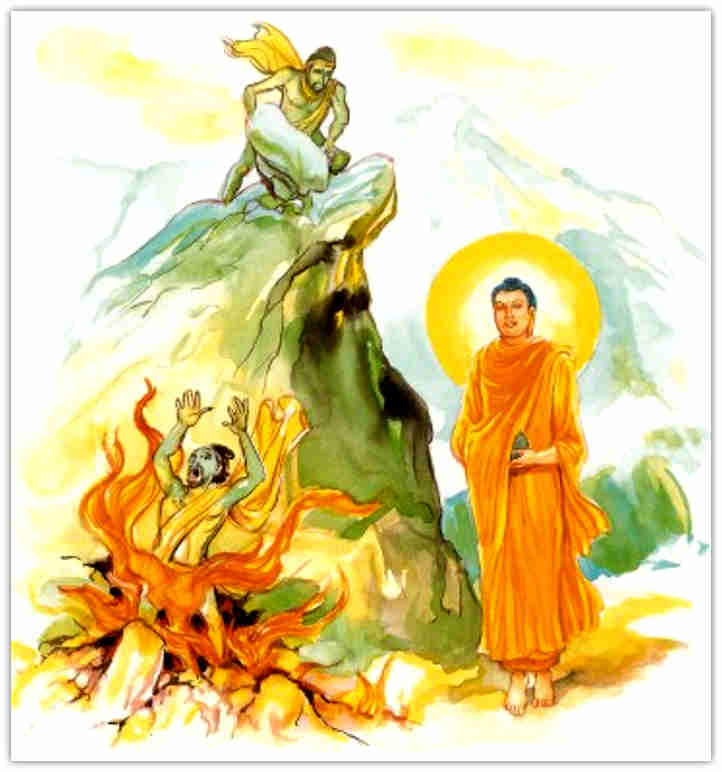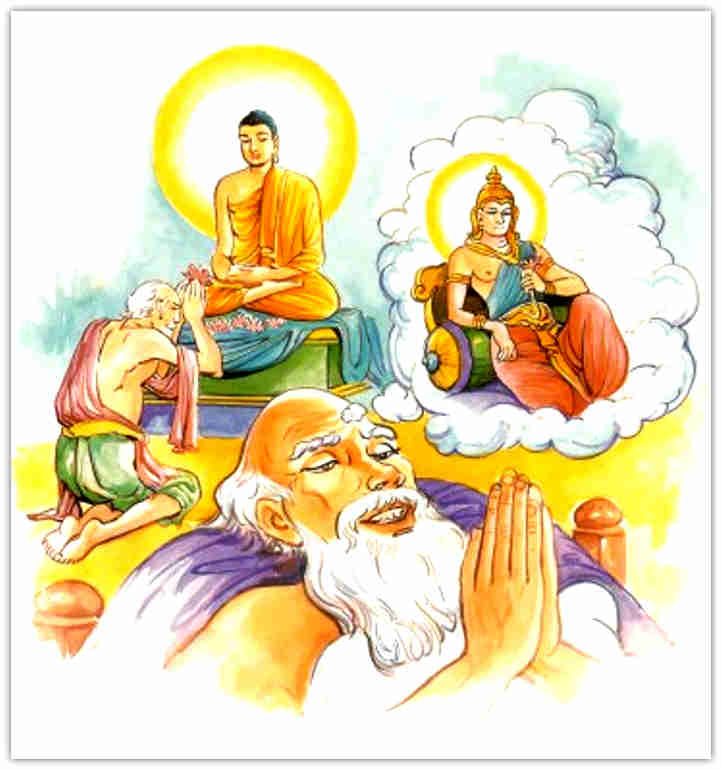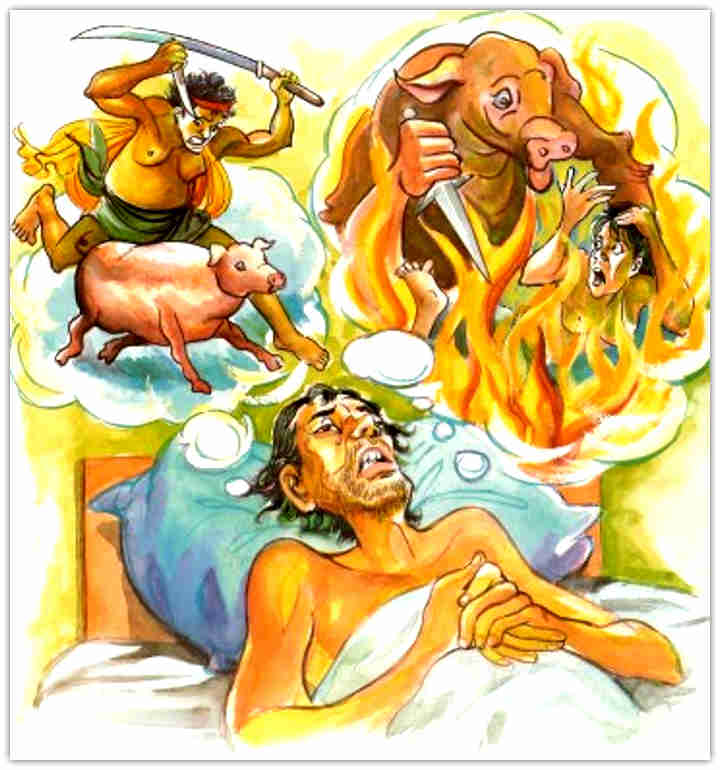They meditate persistently,
constantly they firmly strive,
the steadfast to Nibbana reach,
the Unexcelled Secure from bonds.
Explanation: Those wise individuals who steadfastly practice meditation, reach a level of understanding that enables them to experience Nibbana. Those wise individuals who unceasingly continue in their meditation, firmly and steadfastly, experience Nibbana, which is the supreme release from all bonds.

